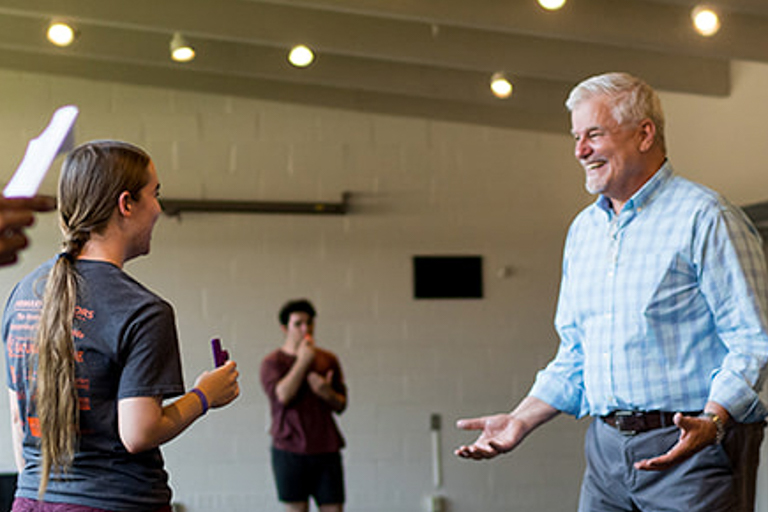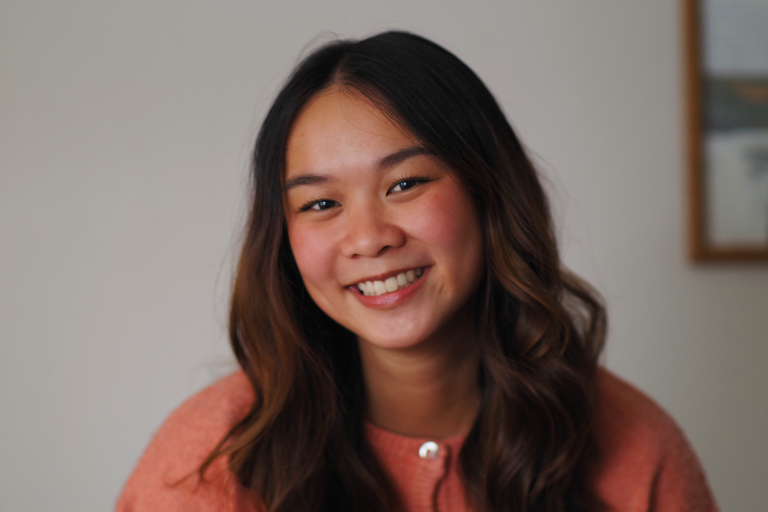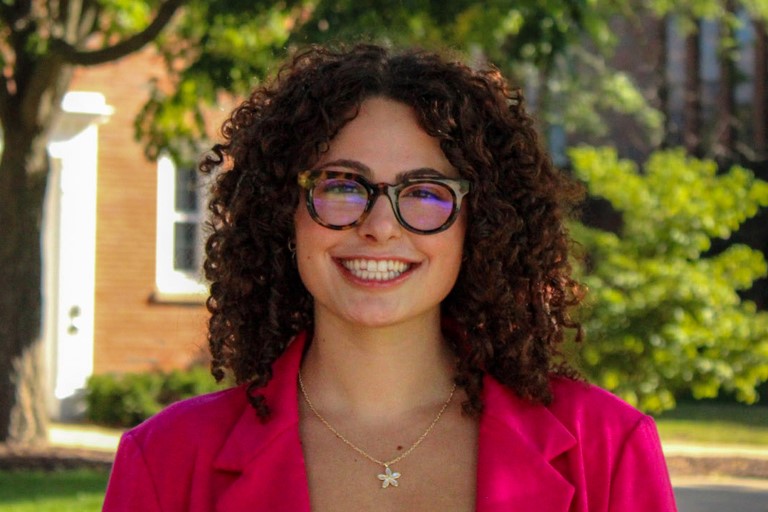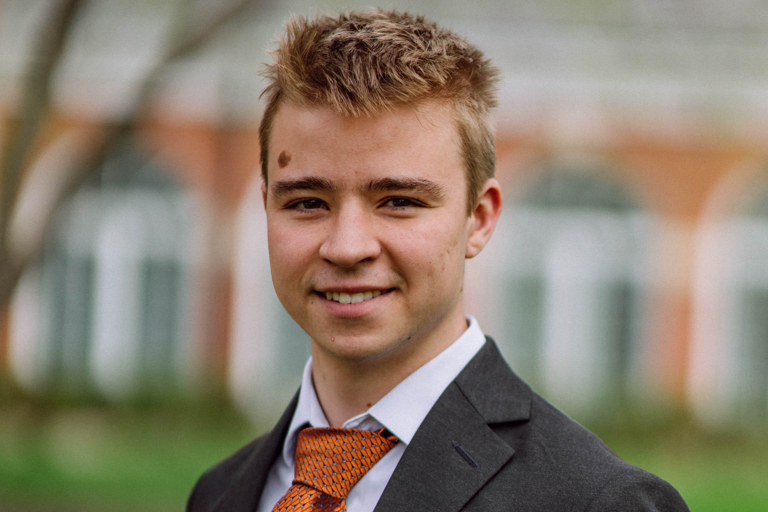Learning from the Past: Dr. Melissa Franklin-Harkrider
Associate Professor of History
Words: Juliana Bacote ’24
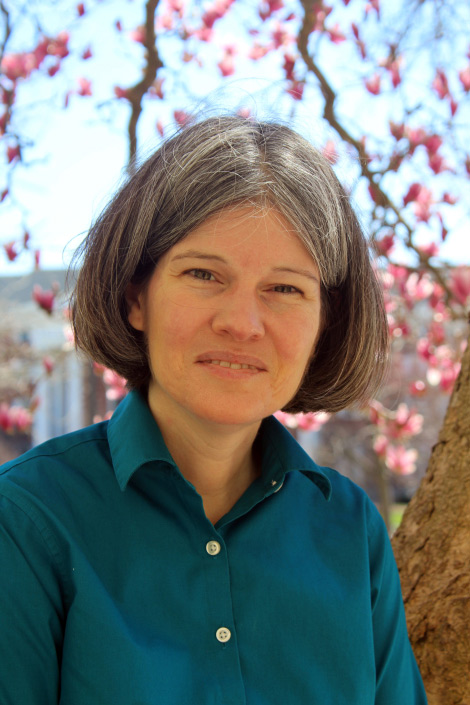
Dr. Melissa Franklin-Harkrider
Dr. Melissa Franklin-Harkrider loves stories, especially stories of the past. They invigorate her and incite her curiosity. After double-majoring in history and English as an undergraduate, Harkrider felt a stronger pull toward history and went on to earn both master’s and doctoral degrees in the field.
Drawn to periods of change, Harkrider focuses on how men and women in different contexts, such as 14th-century England, responded to the religious changes they lived through. Uncovering the complexity of their lives has repeatedly reminded her that a person’s context is pivotal in shaping their worldview and choices. According to Harkrider, context shapes lives so substantially that a present-day reader must avoid looking at a historical figure through the lens of the 21st century.
One of Harkrider’s more recent projects involved studying Cherokee men’s and women’s responses to religious change in the late 18th and early 19th centuries. This marked a shift away from the majority of her life’s work studying wealthier Europeans in early modern Europe, and came with a personal motivation. She’d noticed her college-aged son, a Cherokee citizen like her husband, wrestling with his identity as a Christian with European and Cherokee heritage. “There’s not a lot of attention in Christian circles to the experiences of indigenous people in the past,” said Harkrider. She wants to change that.
Harkrider began to learn the Cherokee language as she honed in on a crucial aspect of the Cherokee community: language perpetuation. “By studying Cherokee hymns, I’m drawing attention to how Cherokee men and women preserved their language over time,” said Harkrider. “That’s really important because so many indigenous people see language as critical to their survival as a people. By choosing a project informed by indigenous people’s values and principles, I can honor indigenous experiences.”
While conducting her research, Harkider has also forged relationships with Cherokee communities in Oklahoma and North Carolina. “If you’re studying a different cultural or racial context, it’s important to do so in relation to a community,” Harkider said. “They can hold you accountable.”
Harkrider’s evolving research interests translate to the classroom. She assigns readings from a wide range of scholars, many of whom themselves draw from different life experiences and disciplinary expertise. As her students come from increasingly different backgrounds, Harkrider hopes they will discover something—or someone—they resonate with. “It’s really important that students learn about people who are different from them and who are like them in significant ways,” she said.
As much as Harkrider cares for the 18th-century men and women she studies, her love for her students is even stronger. “My absolute favorite part of being a professor is working with students,” said Harkrider, who has been at Wheaton since 2003. “I love Wheaton students’ hearts for God and their desire to support one another.”
Harkrider remembers seeing this support on full display three years ago on the second day of one of her classes. When she entered the classroom, she found her students circled around one of their classmates to pray for him. “To see someone who was broken, grieving, and lamenting feel safe enough to acknowledge their grief and receive support from their peers, who they hardly knew, really struck me,” she said.
Relationships like these are one of the main reasons she chose to work at Wheaton. Although she received job offers from various institutions when she completed her Ph.D., Harkrider chose Wheaton largely because she knew she would have many opportunities to form genuine, personal connections with her students. “Investing in the lives of students and treating them as whole beings, instead of just brains on sticks, appealed to me,” said Harkrider. “I knew I could invest in their physical, emotional, mental, and spiritual well-being. That’s energizing.”
On the days when work feels less energizing, Harkrider’s sense of calling keeps her grounded. “I’m still working out what that means, but I think calling for me means seeing how God might use me with my gifts and imperfections in this community he’s brought me to,” she said.
Learn more at wheaton.edu/history.

